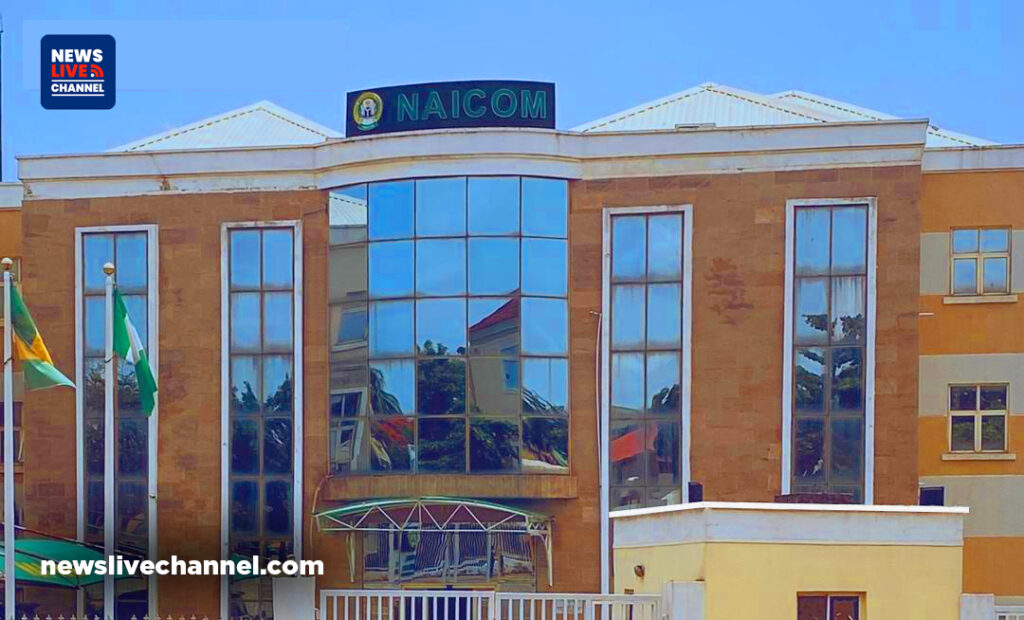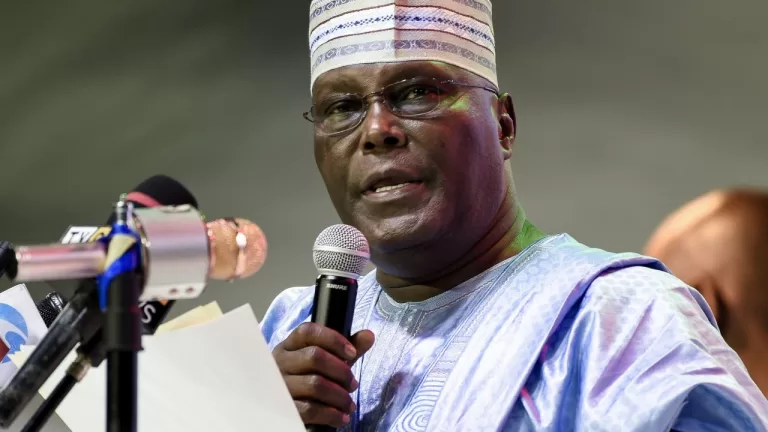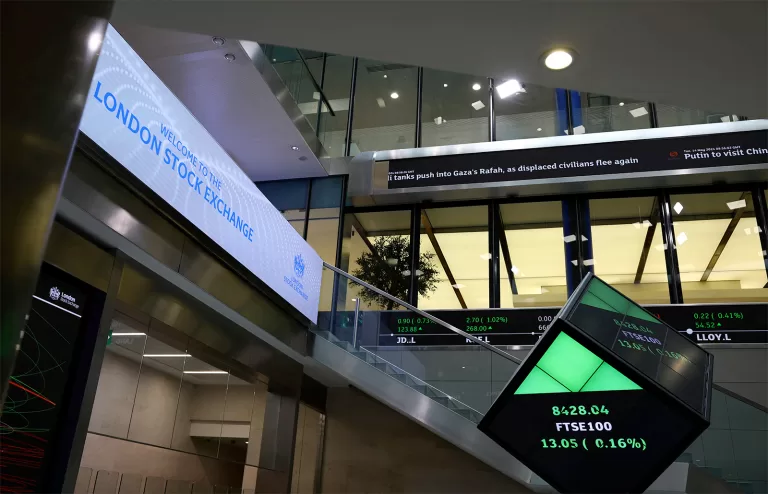
Lagos, Nigeria – March 31, 2025 – The National Insurance Commission (NAICOM) has listed 42 insurance companies over ₦34 billion in unpaid claims, marking a bold shift in regulatory enforcement aimed at increasing accountability in the sector.
The move, part of NAICOM’s new “naming and shaming” strategy, disclosed the names of 1,571 aggrieved policyholders along with their policy details. The commission stated that its goal is to ensure greater transparency and compel defaulting insurers to fulfill their financial obligations.
However, the move has been met with significant pushback from insurance firms, with some calling the list inaccurate and misleading. Several companies claim they have already settled many of the listed claims and accused the regulator of failing to verify its data before publication.
Insurers Push Back Against NAICOM’s List
Many industry players argue that while tougher enforcement is necessary, the approach should be based on accuracy and fairness.
One anonymous insurance executive expressed concern that publicly naming firms without verifying the status of claims could erode trust in the industry rather than improve it.
“We support accountability, but this kind of action, if not carefully executed, could damage the industry’s reputation even further,” the source stated.
Several companies have provided receipts as proof of payments for claims that NAICOM still lists as unpaid.
Insurance CEOs Defend Claims Process
AIICO Insurance Managing Director, Babatunde Fajemirokun, acknowledged that disputes over claims are inevitable in the insurance business but emphasized that a disagreement over payment terms does not automatically mean non-payment.
“Claims processing follows a well-defined procedure. There are times when policyholders disagree with an offer, but that does not mean the insurer has failed to act,” he said.
Ebele Nwachukwu, Managing Director of REX Insurance, criticized the lack of prior engagement with insurers before NAICOM made the list public.
“The commission should have first sent the list to insurance companies for verification before publication. While enforcing compliance is commendable, toughness must be balanced with accuracy,” she noted.
Similarly, NEM Insurance Plc Managing Director, Andrew Ikekhua, argued that any unpaid claims listed against his company were likely cases where claims lacked merit or were flagged as potentially fraudulent.
IEI Insurance Managing Director, Olasupo Sogelola, dismissed NAICOM’s report as outdated, insisting that several claims on the list had already been cleared.
NAICOM Stands Firm, Warns of Sanctions
Despite industry criticism, NAICOM remains resolute, warning that firms failing to clear outstanding claims could face severe consequences.
The regulator directed all insurance companies to publicly disclose any outstanding claims in their records and ensure that all required documentation is in place.
“Some companies fail to settle claims due to incomplete documentation, which is unacceptable. Insurers are expected to process and pay valid claims promptly,” NAICOM said in a statement.
The commission also emphasized that insurers who ignore its directives will be sanctioned.
“We have made it clear that there will be consequences for disobeying the commission’s mandate. ‘Naming and shaming’ is just the first step—other regulatory actions may follow,” the statement read.
Balancing Enforcement with Fairness
NAICOM’s bold move signals a new era of regulatory scrutiny in Nigeria’s insurance sector, but the backlash from industry players underscores the delicate balance between enforcement and fairness.
As the situation unfolds, insurers will be under pressure to clear outstanding claims swiftly, while NAICOM may face calls for a more transparent and collaborative enforcement process.
For policyholders, the regulator’s intervention may restore confidence in the system, but for insurance firms, the question remains—is this crackdown a necessary wake-up call, or a flawed execution of an otherwise good idea?








